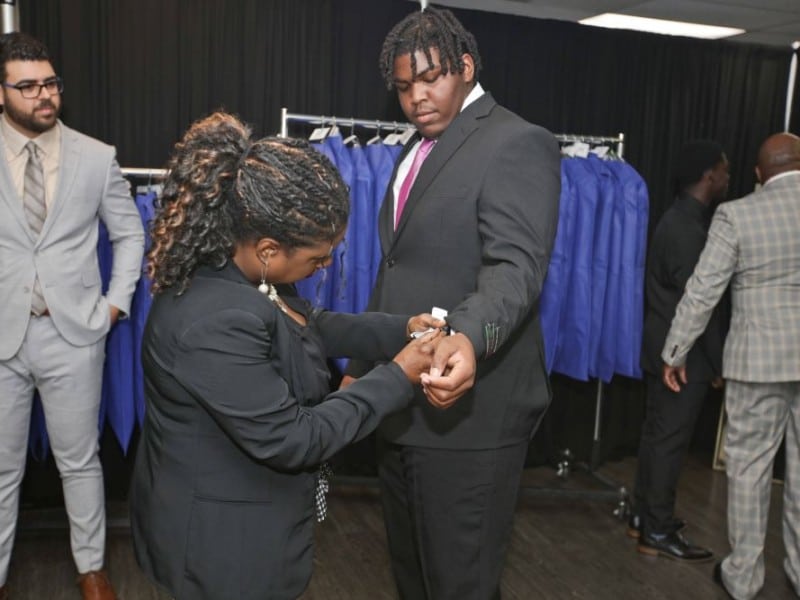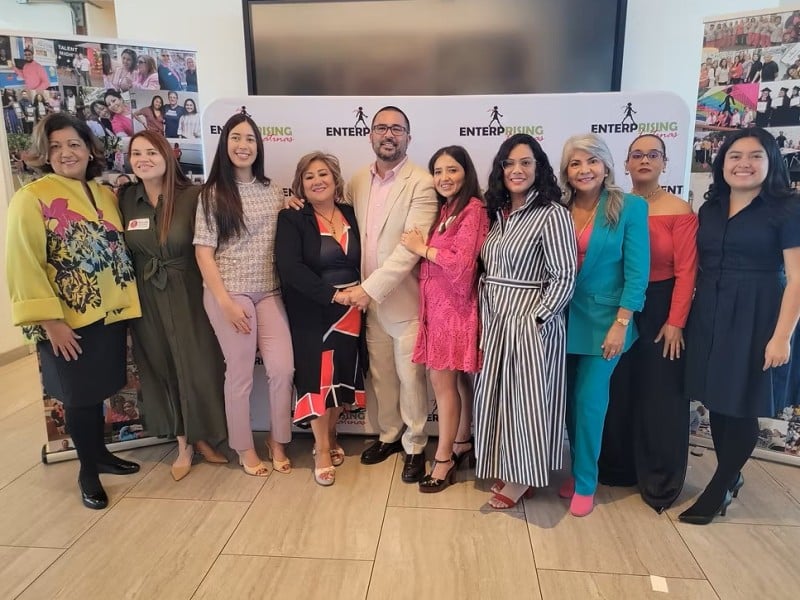USF Receives $1.57M Grant To Help Vets
The University of South Florida (USF) has received a $1.57 million grant that will help veterans throughout the Tampa Bay area who have sustained a brain injury to reintegrate successfully into civilian life.
The University of South Florida (USF) has received a $1.57 million grant that will help veterans throughout the Tampa Bay area who have sustained a brain injury to reintegrate successfully into civilian life.
USF received the grant from the Department of Defense for its research on traumatic brain injury (TBI) and other battlefield-related injuries. USF is collaborating with the James A. Haley Veterans’ Hospital to improve veterans’ quality of life.
According to Dr. Paul R. Sanberg, senior associate VP for research and innovation and director of USF’s Center of Excellence for Aging and Brain Repair, the grant will help the program to improve the work already being done in clinical, social and behavioral trials as well as provide critical knowledge about TBI and its complications.
“The intent of the project really cuts across many departments of the university,” says Sanberg. “These include therapeutic discovery, clinical and educational issues.” Sanberg says education is a critical component to a veteran’s transition into civilian life but that a brain injury often impairs their ability to learn.
“We get an increasing number of vets in our educational system not only at USF but in the public school system at institutions such as HCC,” he says. “It behooves Tampa Bay to reintegrate these vets in our community. Tampa is a military friendly community with two VA hospitals, MacDill and an economy that makes it affordable to live here.”
Sanberg confirmed long-term plans for a Center for Rehabilitation, Science, Engineering and Medicine that would promote an interdisciplinary approach to research on behalf of those recovering from brain injuries.
“The institute would be the first of its kind to integrate clinical, educational and research to really try to look at the needs of rehab, novel engineering and medical approaches for not only vets, but the community at large – those who may have rehabilitative needs from disease or accidents.”
Writer: Missy Kavanaugh
Source: Dr. Paul R. Sanberg, University of South Florida












